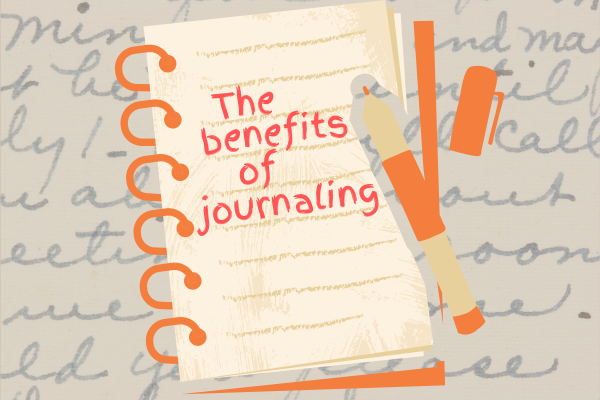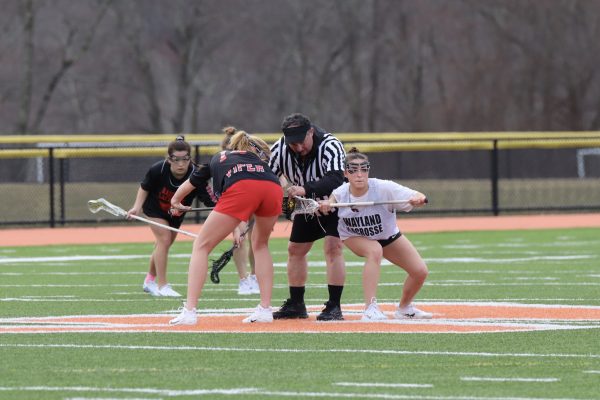Masks are necessary in schools to reduce the spread of COVID-19
October 25, 2021
Masks have been both a blessing and a burden. They protect both the wearer and those around them from infection. Face coverings have proven an effective tool in reducing the spread of the virus, but is it time to give them up?
Removing masks would increase the risk of COVID-19. The pandemic continues, whether we acknowledge it or not. Many people, including myself, have become laxer about coronavirus in recent months, optimistically believing that it faded away with the introduction of the vaccine. The harsh truth is that we are sorely mistaken. Currently, coronavirus cases are relatively high in Massachusetts, with almost double the amount of hospitalized cases than in June.
Additionally, the Delta variant introduced a whole new factor into the pandemic. It’s more contagious, can cause more severe illness and can spread through vaccinated individuals. Vaccines, one of the very few weapons we have to combat this disease, are proving ineffective in the face of the new strain.
Masks don’t just help with COVID-19, though. Last year, when masks were universally mandated, the flu was almost completely eradicated. There were just 1,316 positive cases, compared to the 2019-2020 flu season, where there were 34 million cases and more than 20,000 deaths. This unintended consequence could save thousands of lives. Even if we rule out the extreme life-threatening diseases, masks can keep us safe from things like strep throat and the common cold. These are illnesses that are inconvenient at worst, but still good to avoid.
While lifting the mask mandate seems like an act of liberation, in reality, it would only bring more issues. Without the security of masks, school administration would be forced to compensate. Things like mandated pool testing for extracurriculars would return and perhaps even expand to a requirement for attending school, which, frankly, would be a hassle. There are always long lines and a rush to get tested before the designated time frame is over. Mandatory pool testing also raises the stakes. If you miss the window to get tested, you would not be allowed to participate in extracurricular activities or maybe even permitted to attend school.
Conversely, administration may very well do nothing to accommodate for lifting the mask mandate. However, this will likely lead to less freedom, not more. If there is a widespread COVID-19 outbreak as a result of loosened restrictions, in-person school may be shut down altogether, causing a return to virtual learning: a change which I can safely assume that no one wants.
Of course, the vast majority of WHS students are immunized against the virus. At the same time, some are not, and even cannot be so. Medical exceptions, religion and political beliefs are all factors that could prevent a student from inoculation. However, these people make up an extremely small, almost negligible, percentage of students.
The same cannot be said for our community at large. Despite our high vaccination rate, Wayland is not immune to populations like children under 12, those with weakened immune systems, allergies, or maybe even an anti-vaxxer here or there. High school students may not make up these populations, but they are undoubtedly rubbing shoulders with them. Whether it’s a friend, parent, coworker or sibling, we should take responsibility for protecting these groups from the virus.
Wearing masks in school is not ideal, annoying even. However, it’s important to put aside our personal preferences in the face of this deadly pandemic that continues to ravage our country.
Ignoring the virus doesn’t make it go away.












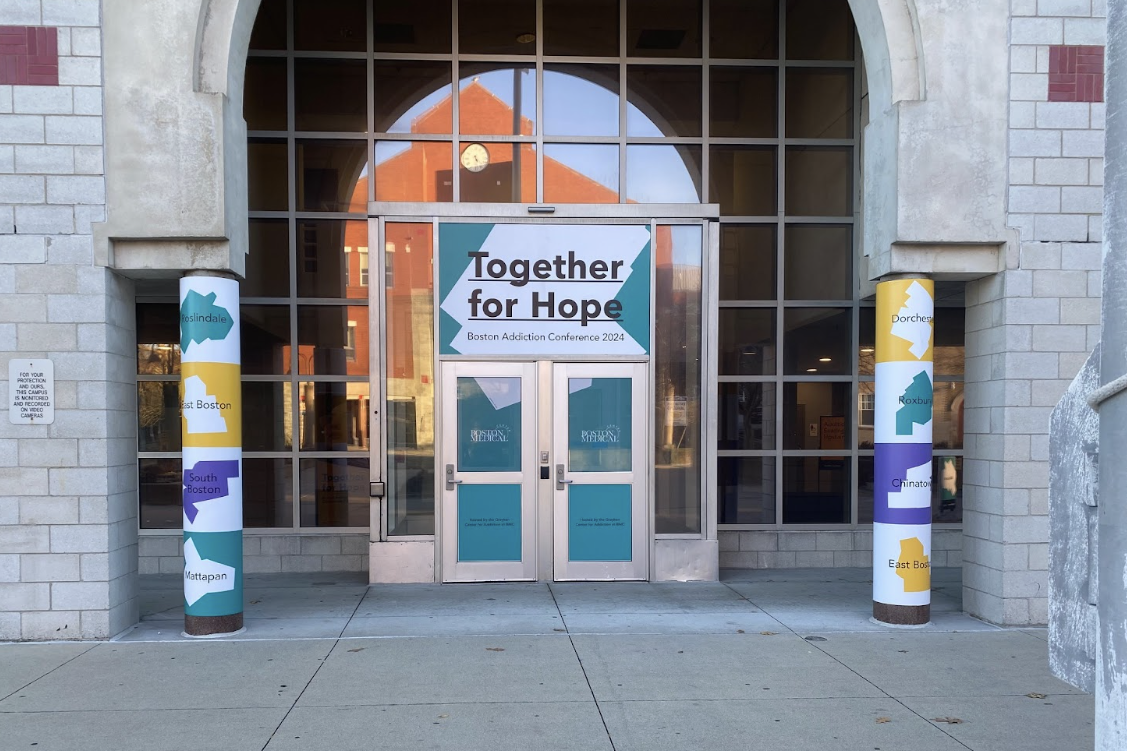









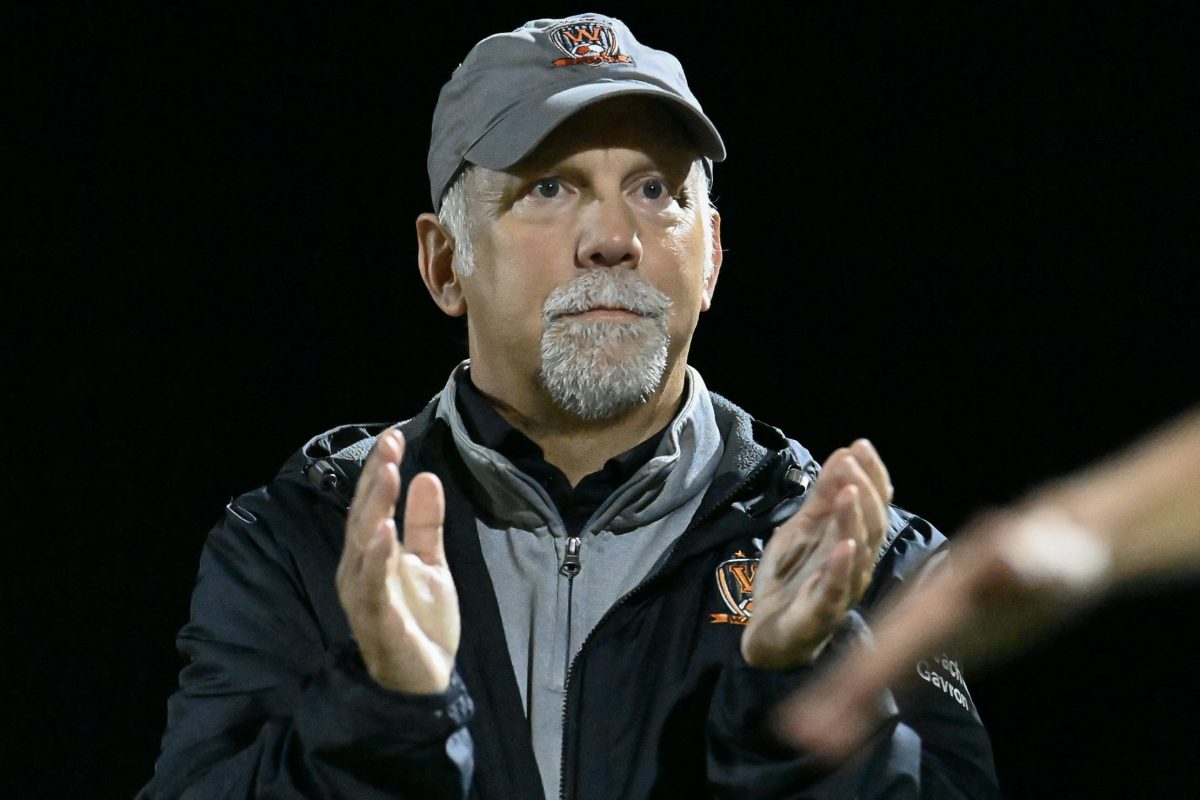


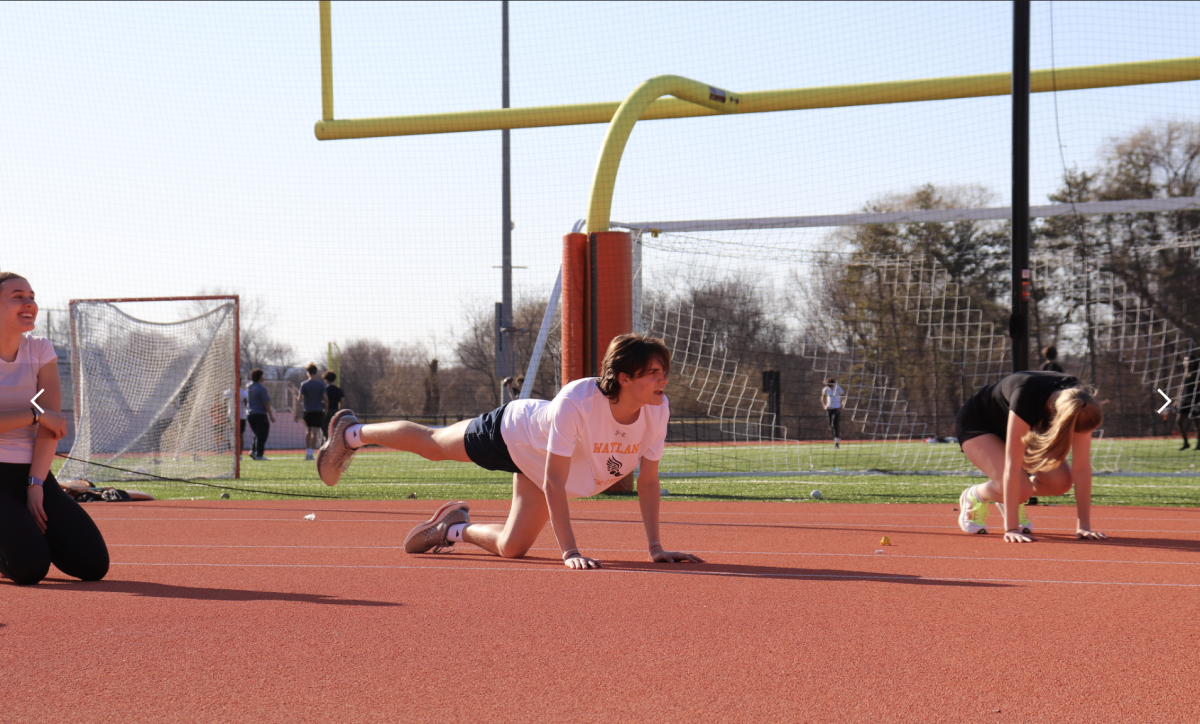

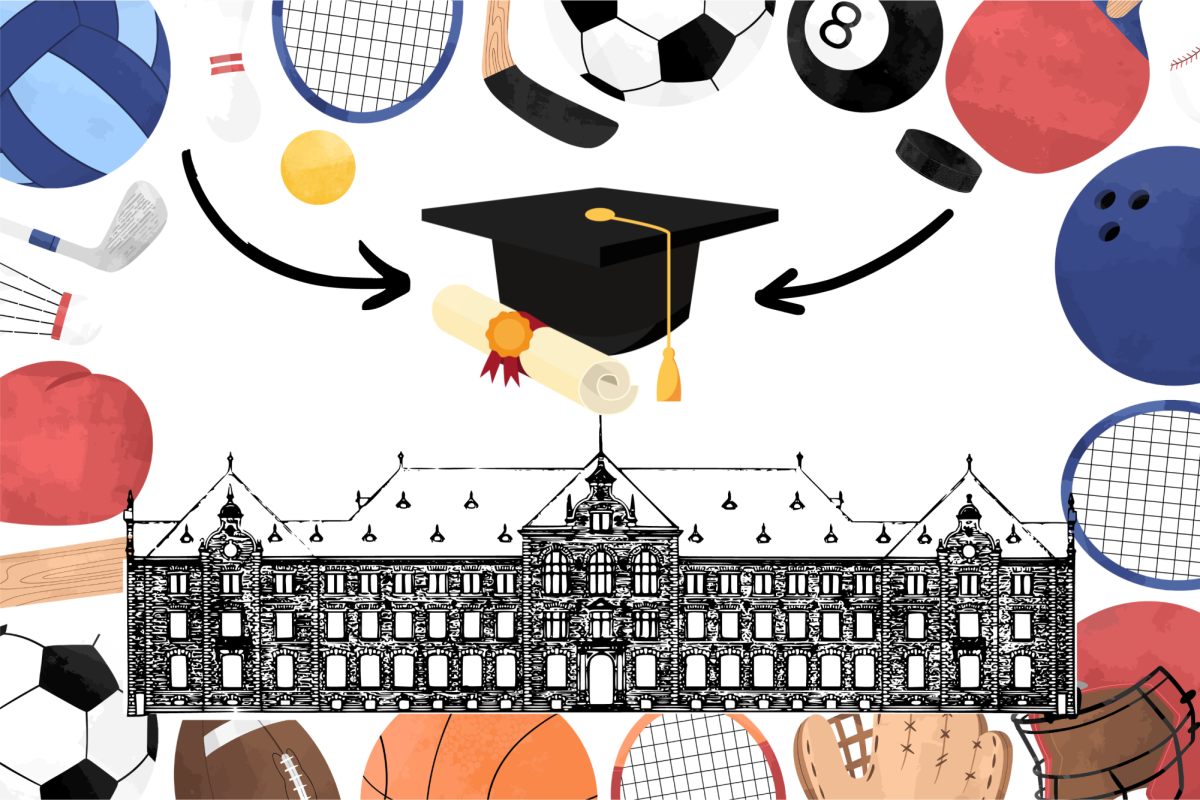
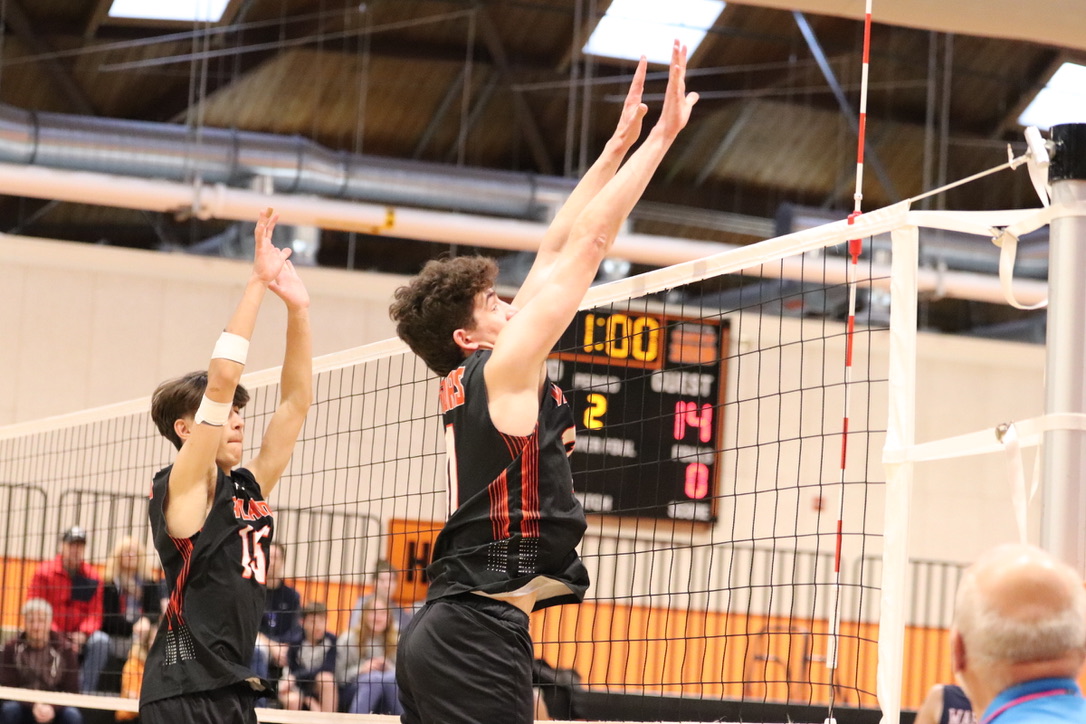
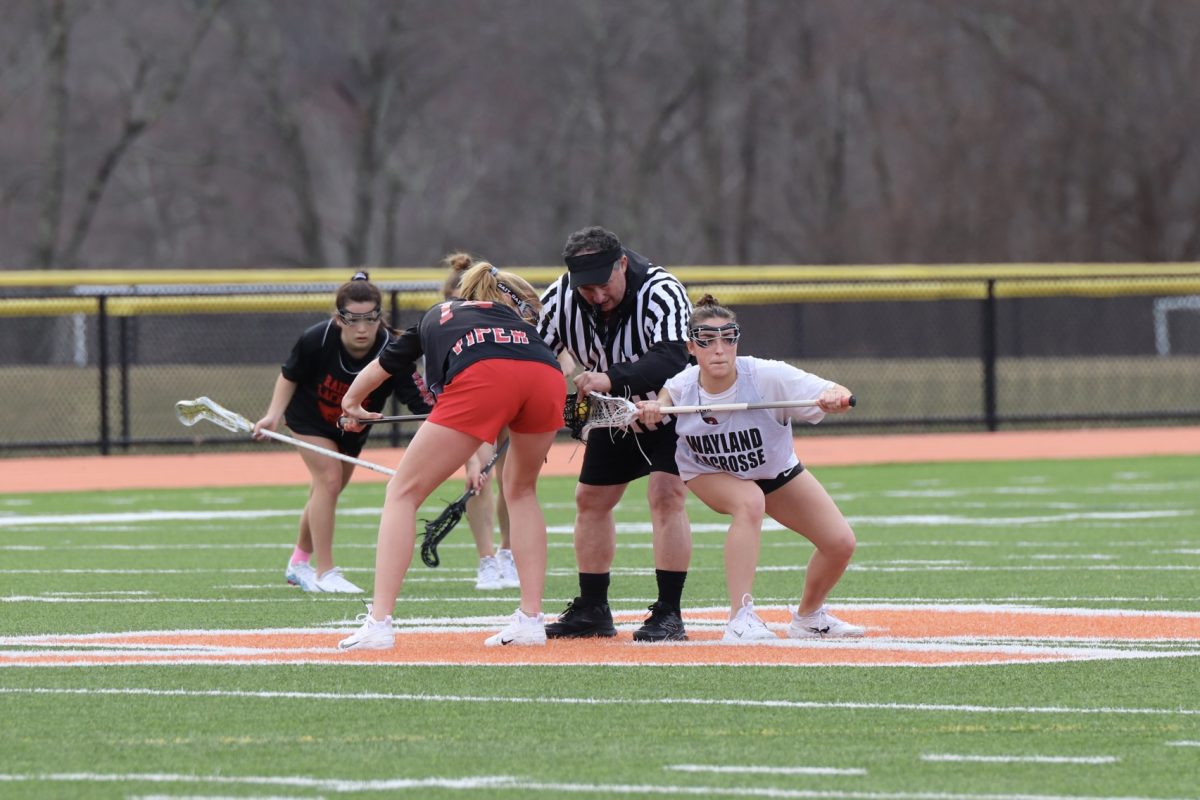
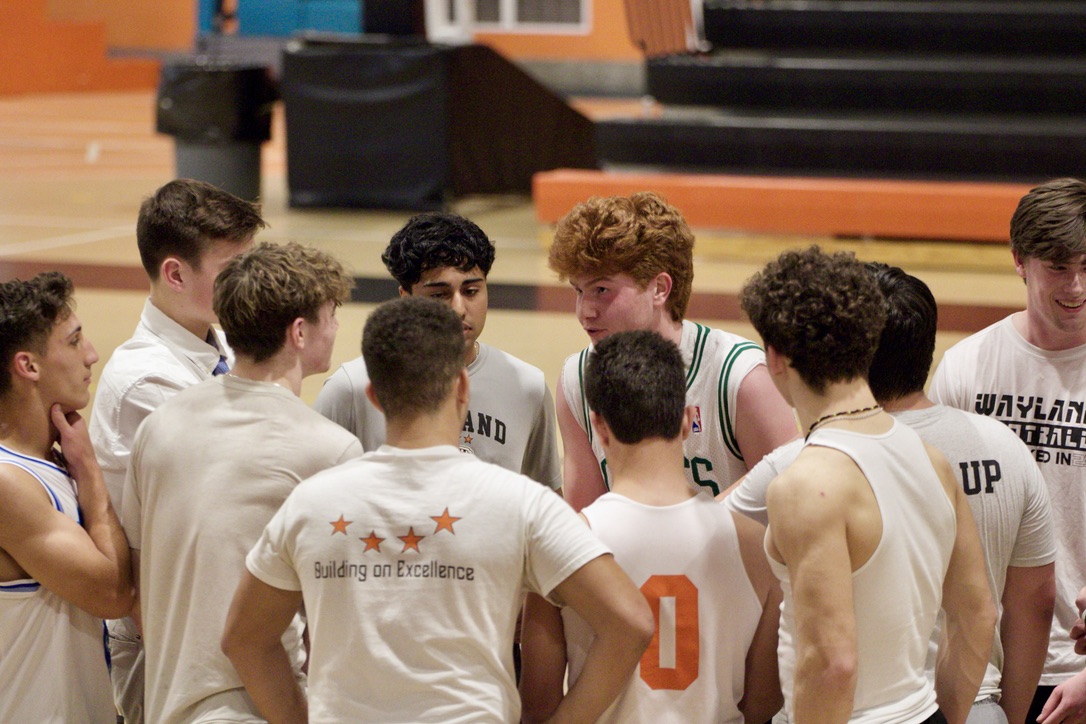

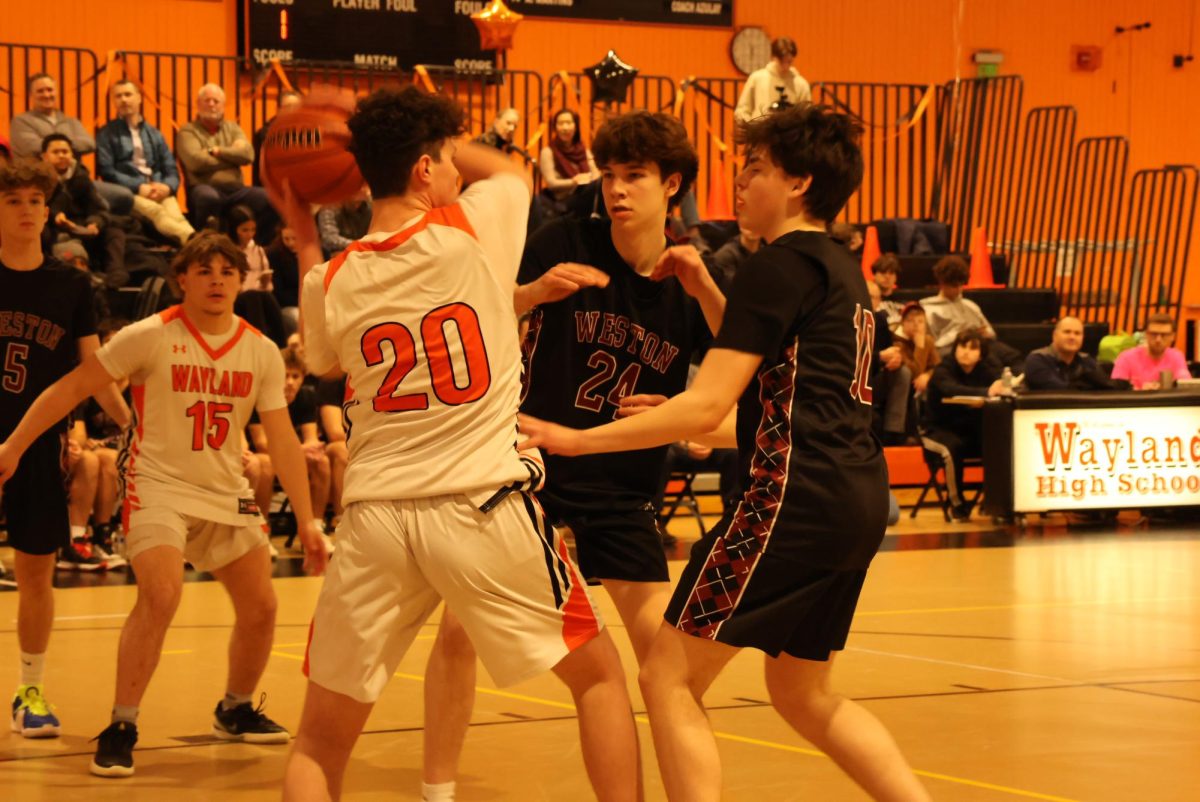





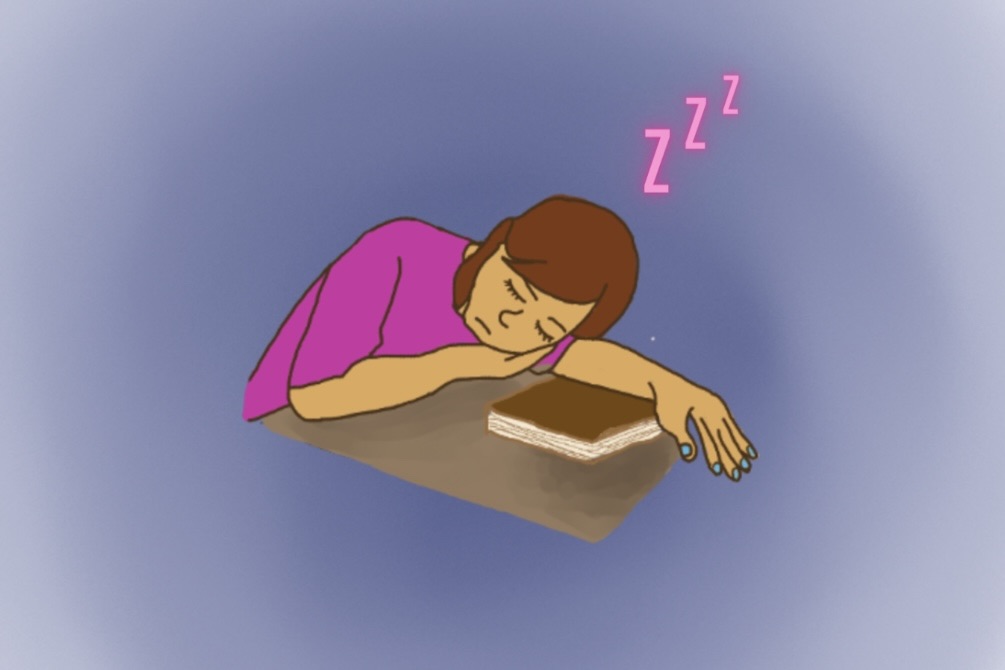
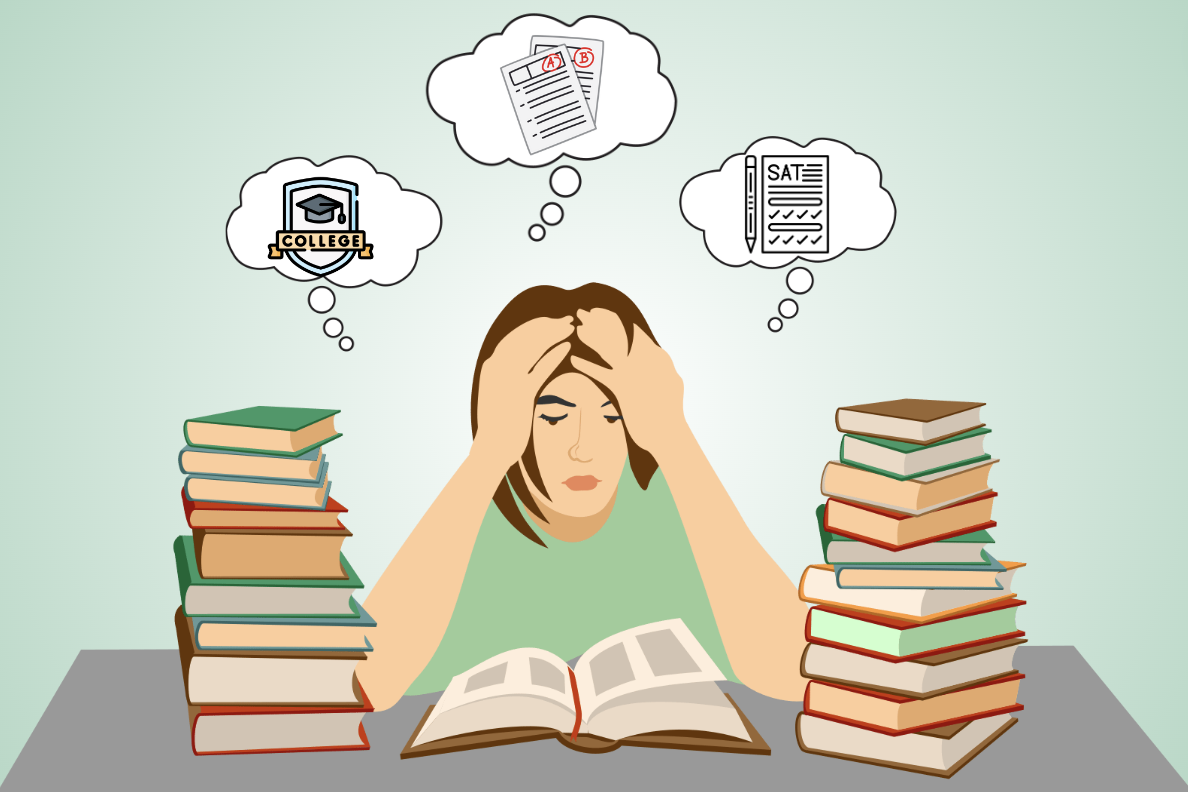
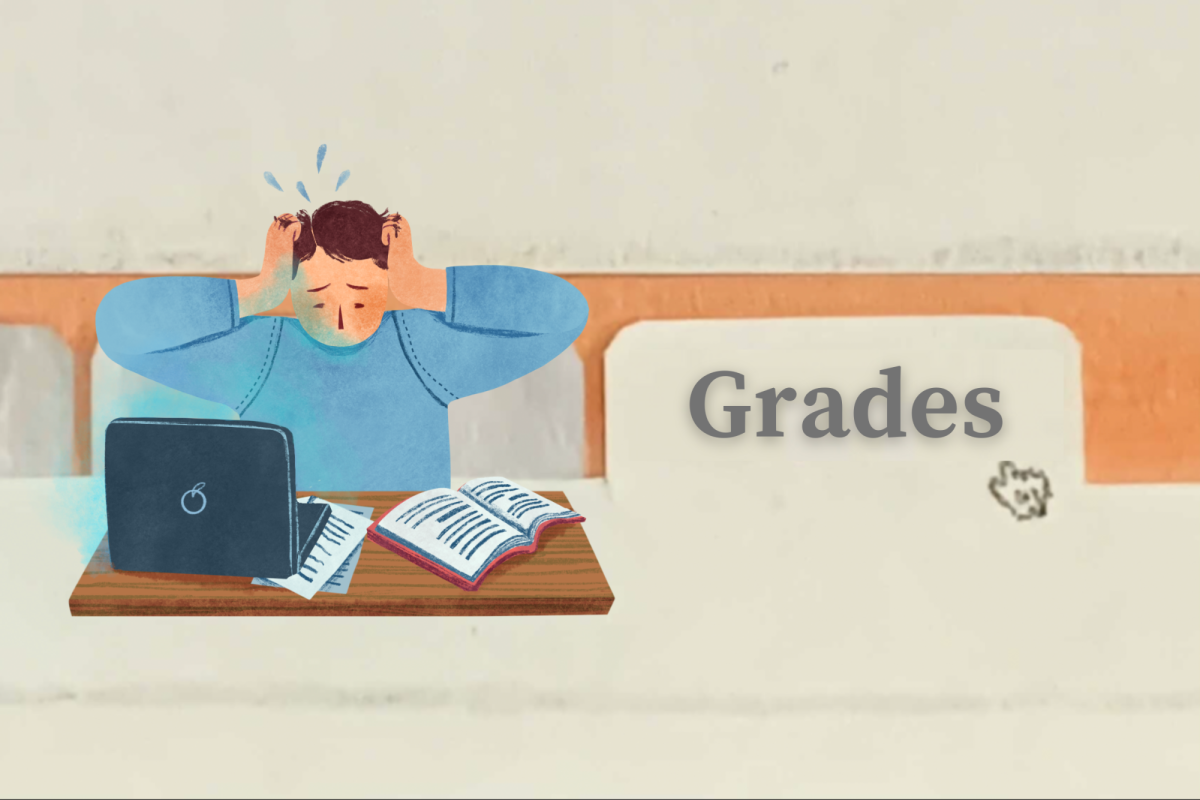

























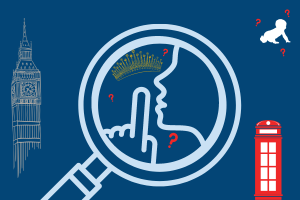








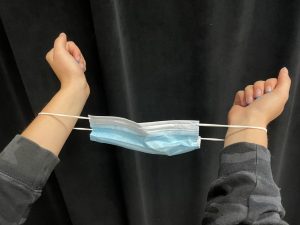



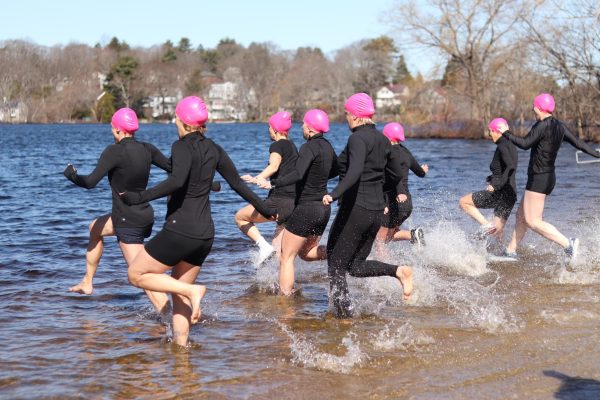

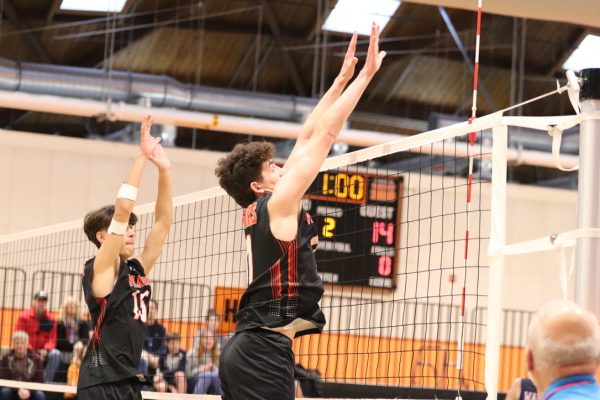
![In the college admissions process, students have to ask teachers to write college recommendation letters. “[The teacher recommendation] is intended to fill in those gaps between what the grades and the scores look like, and show what the person looks like in the classroom, English teacher Kelsey Pitcairn said.](https://waylandstudentpress.com/wp-content/uploads/2024/04/Add-a-heading-600x400.png)


